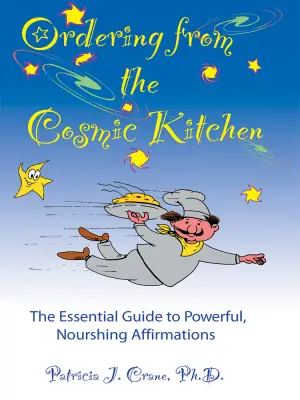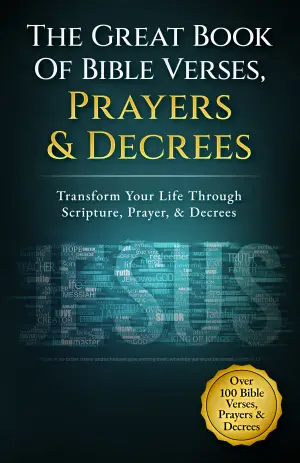Review of Stone & Sky by Ben Aaronovitch: A Flight of Fantasy with a Few Missteps
As a longtime fan of Ben Aaronovitch’s Rivers of London series, I’ve eagerly awaited every release since my friend Matt loaned me the first five books. The unique blend of humor, urban fantasy, and diverse characters pulled me in from the start, making it was hard to resist diving into Stone & Sky. Yet, while I approached this latest installment with excitement, I couldn’t help but feel a disheartening disconnect between my expectations and the realities of the narrative.
Stone & Sky introduces readers to familiar faces and fresh crises, but in this outing, the heart of the plot felt diminished. The pacing lagged in parts, especially during the narrative’s early focus on mundane camping trips that stripped away the urgency typical of earlier books. The intricate world Aaronovitch crafted began to feel routine, losing its once vibrant appeal. As a reader, I yearned for the tension and thrill that the magical disturbances usually evoke.
What struck me most frustratingly were the representational issues that surfaced more prominently than in previous stories. The series has always championed diversity, yet Stone & Sky revealed cracks in that veneer. For example, the portrayal and emotional depth given to Abigail Kamara’s queer relationship with Ione felt so profoundly nuanced compared to the underdeveloped portrayal of queer male relationships that it ignited questions about authenticity and intent.
The disparity in emotional exploration for queer female versus queer male characters made me question the underlying depiction. Thomas Nightingale’s queerness, while acknowledged, remains largely unexplored, while Abigail’s romantic feelings are rendered with vivid detail. This often blurred the line between authenticity and projection, making me wonder if these experiences truly belonged to Abigail or were merely Aaronovitch’s imagination of what they might feel like.
Adding to this tapestry of complexity, I noticed a surprising infantilization of magical beings that felt regressive. Characters like the selkies were portrayed in such a way that stripped away their linguistic agency, which felt unnervingly reminiscent of real-world colonial narratives. The problem persists when exploring the visual spectrum of characters as well; Abigail’s linguistic stylization contrasted sharply with the dialogues of other young characters, veiling her in an “urban” stereotype rather than allowing her a voice wholly her own.
Cultural references throughout Stone & Sky added another layer of distraction. Names from a narrow canon, predominantly white and male, pepper the narrative, raising the question: why are Abigail’s adventures filtered through this lens? The humor embedded in these references often felt less like homage and more like a retreat into safety, showcasing a reliance on familiar tropes rather than an adventurous leap into broader narratives.
Despite my critiques, some passages shimmered with Aaronovitch’s signature wit, reminding me of why I fell in love with this universe in the first place. The authorial humor remains intact, making me chuckle in moments where tension might otherwise prevail. There’s still magic and charm in Aaronovitch’s writing, but it sometimes feels obscured by the narrative’s broader implications.
Ultimately, Stone & Sky offers a mixed bag for readers. While I still enjoyed elements and was captivated by snippets of brilliance, significant structural and representational flaws hindered my overall experience. This installment may resonate with readers who appreciate the intricate details of the magical everyday and can overlook the disparities in representation. However, for those drawn to emotional depth and authentic exploration of identity, this book may prove to be a frustrating journey.
As I closed the final chapter, I couldn’t shake the feeling that Stone & Sky grapples with essential questions about power and authenticity—questions that could elevate the narrative if they were more rigorously interrogated. This installment leaves me curious: can the Rivers of London series reclaim its unique flair and depth in future tales? Here’s hoping for a return to form, where the richness of each character’s voice is not just heard, but understood.
[ad_2]






